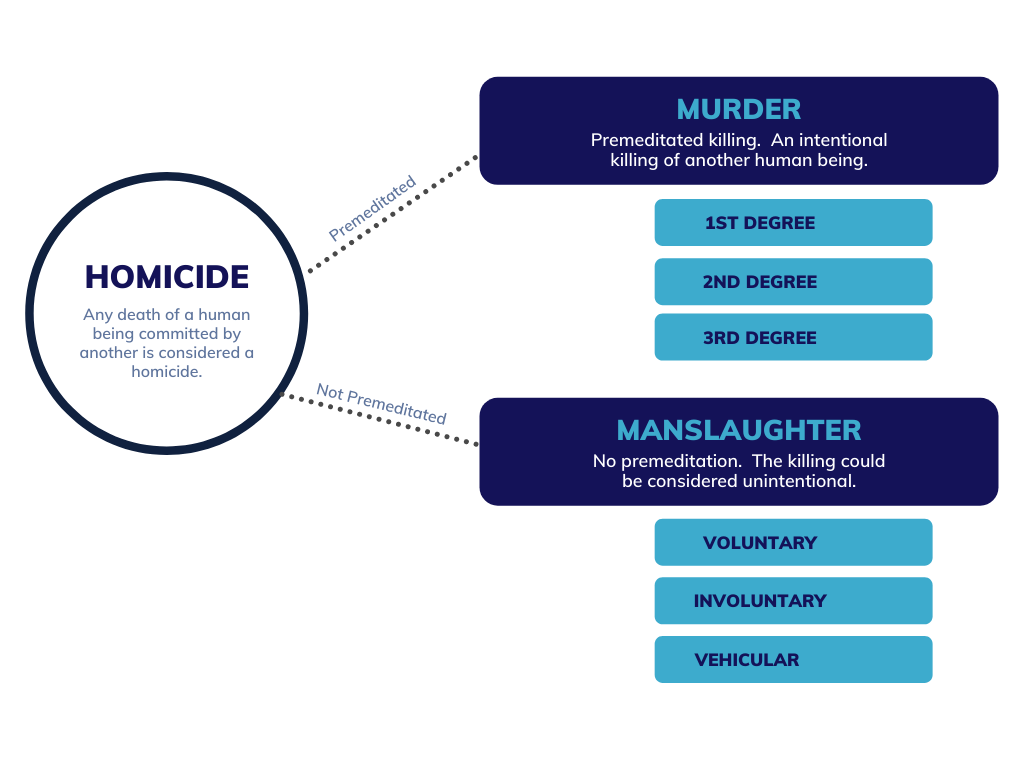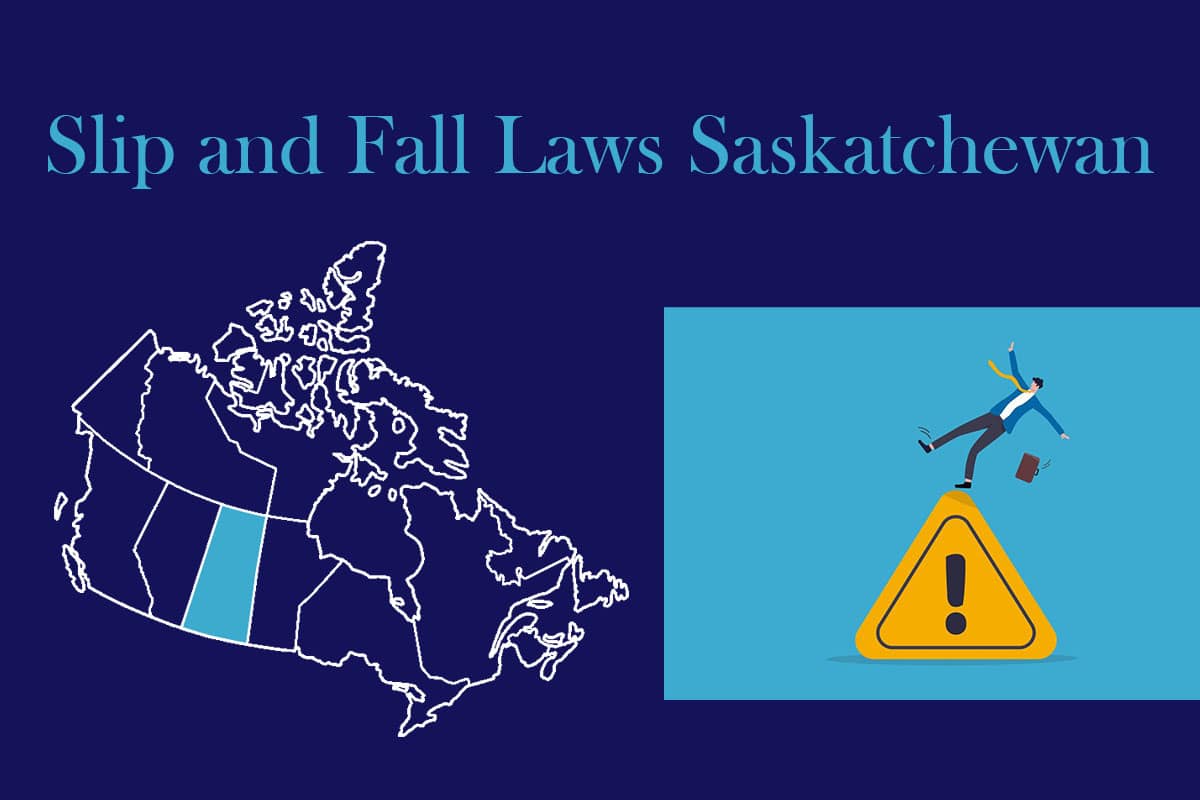What is Capital Murder?
Capital Murder is a specific type of murder charge that involves deliberate and premeditated killing or the commission of another serious crime, such as robbery or rape, resulting in the death of another person. The term “capital” refers to the potential punishment of capital punishment, commonly known as the death penalty, which can be imposed … Read more




